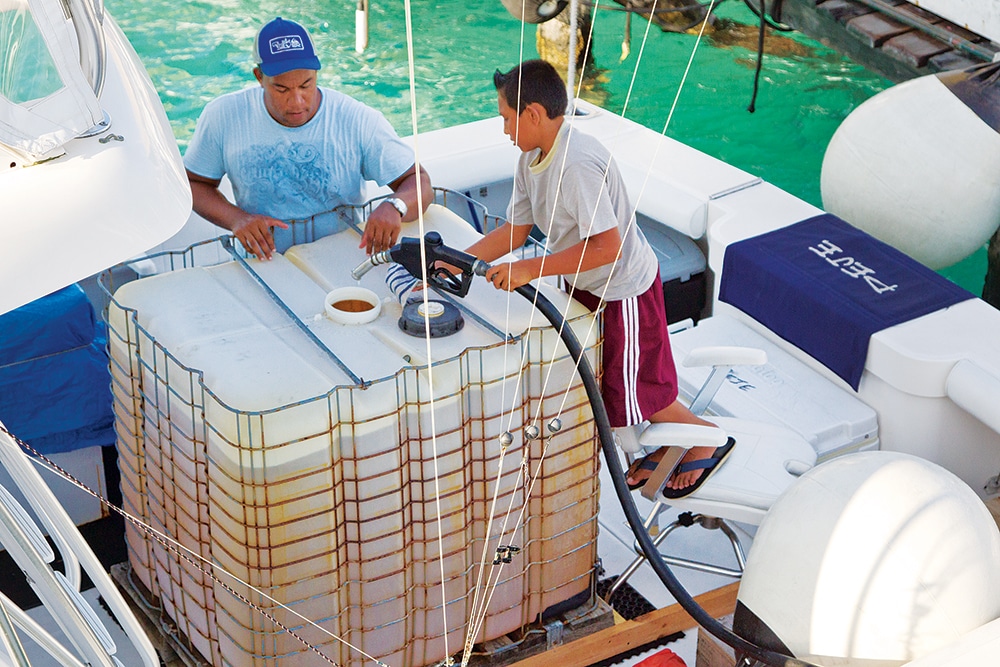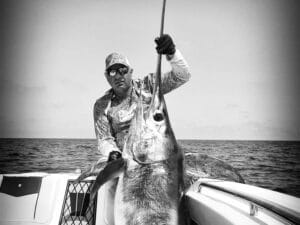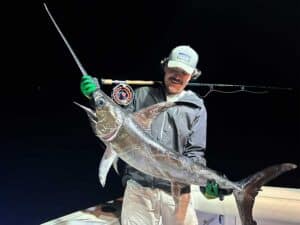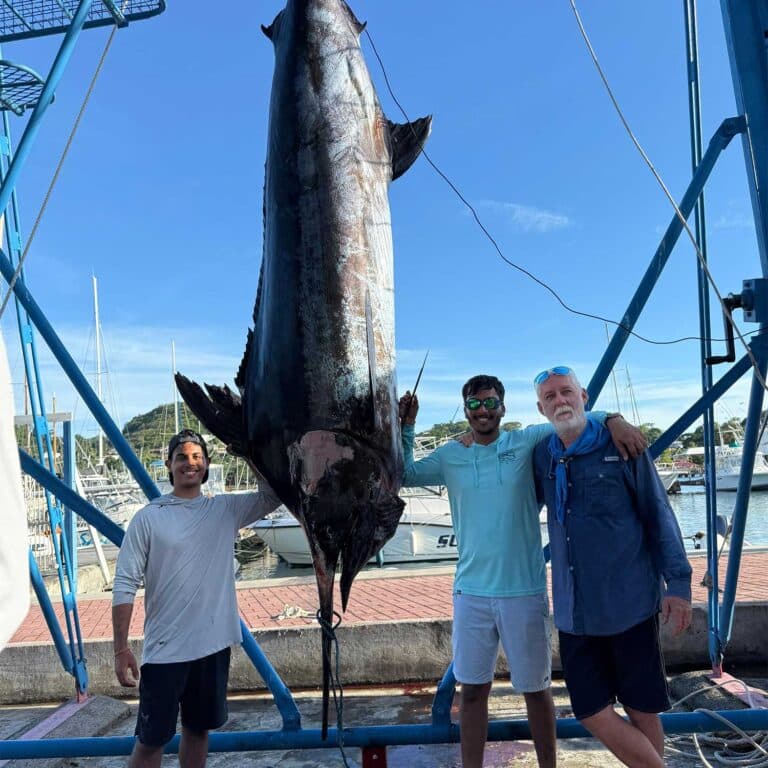
photo extended
Reaching far-flung fishing grounds has gotten much easier over the past 30 years, thanks to larger boats with more fuel capacity, reliable GPS plotters, and owners willing to explore and fish places on their own hull. Once-faraway destinations and huge expeditionary trips are now within almost everyone’s reach, and such jaunts have become commonplace and almost routine. With proper planning, a trip can be nearly trouble-free and enjoyable, but without it, any trip can run into problems that can be about as much fun as a root canal.
Over the years, I’ve had the chance to do a fair bit of open-water traveling, and also had the opportunity to talk with some seasoned skippers about their experiences and the things they look for to prevent problems from -arising. When problems do come up, they also know how to best deal with them. To the man, they all credit thorough, proper planning and execution in making trouble-free trips.
A Sound Ship to Start
Prior to any trip, the boat must be in sound condition with all systems working properly. Bilge pumps and float switches must be checked on a regular basis and need to be fully operable. Make sure a skilled and trusted mechanic goes over the engines and generators before you depart — this goes a long way toward preventing breakdowns during the trip. All hoses, fuel lines, high-pressure lines, turbos and the like should be in good operating order, and serviced or replaced if there is any question about their integrity. Oil leaks must be addressed, and common service items such as raw-water pumps and impellers should be checked or replaced. I replace my impellers on an annual basis, usually at the start of our travel season, so they are fresh and I have less of a chance of failure while underway.
Keeping an engine-room logbook is the best way to keep track of what’s happening with your equipment on a regular basis. I make daily entries of my engine, generator and water-maker hours, and hourly entries on the bridge log when steaming. This provides a bit of historical data as to what is happening so when a potential problem starts to occur, I can get to it before it becomes a major problem. Noting all engine data at regular intervals also helps to maintain a baseline of information for my mechanic so he can evaluate what’s happening if an issue appears.
Spares Are Required
I carry a full complement of spare parts, within reason, on board at all times. Impellers, replacement -electrical sensors for the cooling, and fuel and oil -systems are all vital to keep your trip moving. Sensors can fail, and when they do, the computer on many -modern engines de-rates the engine as a protection measure so no further damage will occur. Short of a catastrophic part failure, you can keep the boat moving and not miss much fishing time. Carrying spare oil and fuel filters, and specialty tools such as impeller pullers or special engine tools, is a must.
I carry spare computer -motherboards for generators and air-conditioning systems as well, since these are typically plug-and-play items; if they fail, you can simply replace the preprogrammed board, and you are on your way. My parts cache also includes raw-water pump motors and heads for refrigeration and air conditioning systems. If your air conditioner fails in the tropics, things will be miserable, and dealing with unintentionally thawed bait becomes a nasty proposition.
I have two pumps built into the AC and refrigeration-compressor -cooling systems so I can switch over quickly, but I also carry the parts to get the other pump online the first chance I get. Spare bilge pumps and float switches are a must. Water-maker gaskets, O-rings, sensors and filters are also a must because I often spend days at sea in transit, and making fresh water is key to any long trip.
I check all navigation lights prior to departure, and carry spares in the event of a failure. Having your electronics guru go through your systems is always a good idea to sort out any possible gremlins. Since I use some computer-based navigation and echo-sounder gear, I also carry a spare computer loaded with my plotter and echo-sounding software. In the event of a failure far from home, I can simply switch the unit out and be back in business without a technician. I carry a full host of outrigger parts, including spare cables for each section of the rigger, spars, tips, and a bag of various grommets and chafe gear, pulleys, glass-eyes, extra rigger clips, and Roller-Trollers. It would be a bummer if after all the traveling, you couldn’t fish a full spread because of an outrigger problem.
Provisioning is another area that requires a bit of planning to keep from over- or understocking the boat. I’ll take a calendar and write in on each day the menu of each meal while counting the number of people for a reasonable count for meats. I order my meat from a butcher shop and have each piece individually vacuum packed. I do the same with lunch meats in 1-pound packages. I start with a good supply of condiments and spices, which usually gets me through the season, and they can be restocked as needed during the trip. I fill the drink boxes prior to departure, and then restock as needed.
Plan Your Route
One of key things for any trip is to get as much information about where you are going and how you will need to get there. Due diligence is key for smooth travel. Checking marina and fuel availability as well as costs on your route can help you plan your best route, fuel stops if needed, and in the event of a breakdown along the way, you can evaluate the best options on where to stop to make your repairs or troubleshooting easier. Knowing where the closest operable airstrips near to where you are is also key to getting parts or technicians to your location should that become necessary.
Back in the day, with smaller, slower boats, the adventure was in the journey to the destination, and was -often fraught with tough conditions. Now, with better weather forecasting available from sites like buoyweather.com, passageweather.com and Weather Routing Inc., you can better plan departures and transits. Today’s big, fast boats that offer incredible comforts make traveling a lot easier. Being prepared, carrying the right spare parts, and having the boat in top shape will make any trip much easier on the crew, and far more enjoyable for guests. When issues do arise, they can be handled quickly by having the right gear on hand and the tools to do the job. Not missing any precious time with folks aboard because of a breakdown is key to keeping a smooth-running operation on track, and makes a big trip a much easier proposition.







